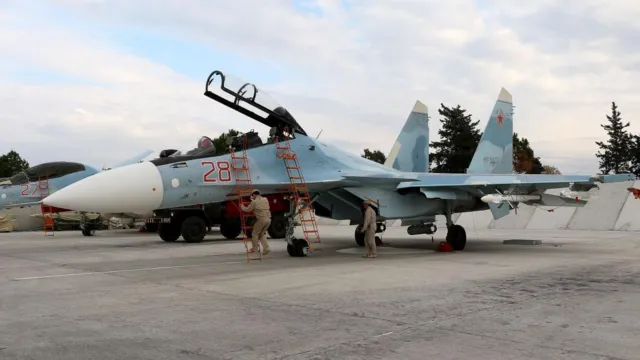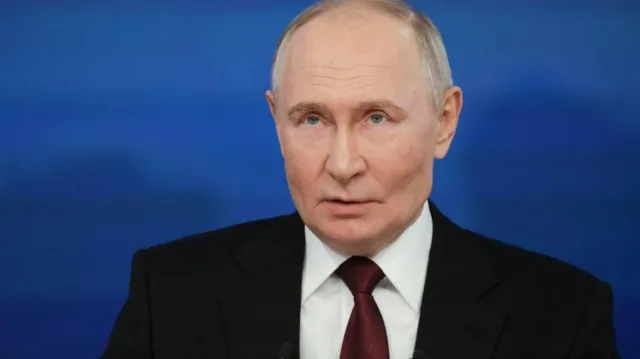Putin Tells Russians: “I Should Have Invaded Ukraine Earlier” During TV Marathon
In a shocking admission during a televised Q&A marathon, Russian President Vladimir Putin told viewers that he believes he should have invaded Ukraine earlier. The statement has reignited international criticism and raised questions about the long-term implications of Russia’s involvement in the conflict. Putin’s comments underline his continued justification for the war while signaling a hardening of his stance.
Putin’s Justification for Early Invasion
During the TV broadcast, Putin explained that he views the invasion of Ukraine as a “necessary step” to protect Russian interests and prevent NATO’s influence from spreading further east. He claimed that delays in military action allowed Ukraine to strengthen its defenses and form closer alliances with Western powers. According to Putin, earlier intervention would have given Russia a strategic advantage and reduced resistance.
“Looking back, we missed the opportunity to act decisively when Ukraine began moving towards the West. If we had acted sooner, the situation today might have been different,” Putin said during the broadcast.
These remarks have sparked widespread reactions, both domestically and internationally. While Putin’s supporters view his statements as a demonstration of decisive leadership, critics argue that his comments highlight a calculated approach to expanding Russian influence at the cost of regional stability.
International Response to Putin’s Statement
Putin’s claim that he “should have invaded Ukraine earlier” has drawn immediate backlash from Western leaders. Many see this as further evidence of his aggressive foreign policy and disregard for international norms.
U.S. Secretary of State Antony Blinken called the comments “deeply troubling” and warned that they reflect a broader pattern of destabilizing actions by Moscow. Meanwhile, European Union leaders reiterated their support for Ukraine, emphasizing the importance of countering Russian aggression.
NATO Secretary General Jens Stoltenberg described Putin’s remarks as “a stark reminder of Russia’s expansionist ambitions” and reaffirmed the alliance’s commitment to defending its member states and supporting Ukraine.

Domestic Reactions in Russia
Within Russia, reactions to Putin’s comments have been divided. State-controlled media have portrayed his remarks as a demonstration of strategic foresight, reinforcing the narrative that the invasion is necessary to protect Russian sovereignty. Pro-Kremlin analysts argue that Putin’s candor reflects his strong leadership and long-term vision for Russia.
However, independent voices and opposition figures have criticized the statement, pointing out the devastating human and economic costs of the ongoing conflict. Some Russians have expressed concern over the long-term consequences of Putin’s policies, questioning whether earlier intervention would have made the situation better or worse.
The Broader Implications
Putin’s comments underscore the escalating tensions between Russia and the West. By framing the invasion as an inevitable and delayed action, he signals his commitment to continuing the conflict, regardless of international opposition. This hardline rhetoric may further strain diplomatic efforts to end the war and complicate peace negotiations.
Moreover, Putin’s remarks could embolden hardliners within Russia who support a more aggressive foreign policy. Analysts warn that such rhetoric risks deepening divisions in Europe and prolonging the conflict, with devastating consequences for Ukraine and the broader region.
Conclusion: A Controversial Statement with Lasting Impact
Vladimir Putin’s televised admission that he “should have invaded Ukraine earlier” marks a significant moment in his ongoing justification for the conflict. While his remarks may resonate with his supporters, they have also reignited international condemnation and raised concerns about the future of the war.
As tensions between Russia and the West continue to rise, Putin’s comments highlight the challenges of resolving the conflict and the need for sustained international efforts to support Ukraine and counter aggression. The world will undoubtedly watch closely as Russia’s actions and rhetoric evolve in the months to come.
